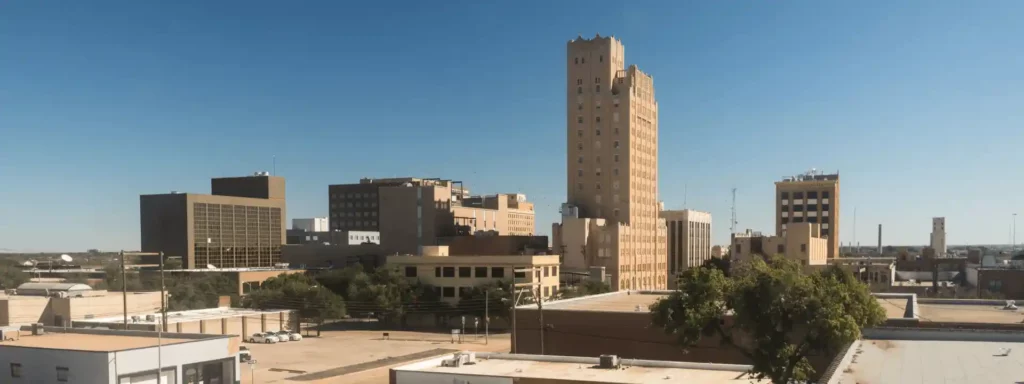
Look at the resources your company has, figure out where the gaps are, and help suss out realistic budget numbers based on time and resource constraints. Once these aims are clarified, have your CFO, or finance leader, meet with your department heads individually, and talk about their specific functional goals. These include goals around sales, product developments, growth rate, hiring, etc. Budgets allow business leaders to have informed conversations about the company’s expenses. If you don’t flesh out what you’re going to spend on each part of the business, you’re probably not putting your money to use strategically.

Finished Goods Inventory and Cost of Goods Sold Budget

Let’s take a look at the components of a master budget and how they interrelate. To do this, teams must define the resources (capital, materials, and talent) necessary to take on new initiatives master budget and support current programs. Small businesses with less flexibility and cash reserves often benefit from more stringent review to avoid small problems multiplying or going unnoticed.
- The more details you put in your master budget, the more accurate your projections become.
- Second, it helps businesses align their financial goals with their strategic objectives.
- Lord’s firm helps venture-backed startups create financial plans and master budgets.
- A master budget also provides a frame of reference to compare actual performance to what you expected to happen.
- This includes monitoring progress toward achieving the goals and making adjustments as necessary to ensure that the budget supports the strategic objectives.
How Can a Master Budget Help Businesses Plan for Contingencies and Unforeseen Events?
The visibility provided by the master budget enables them to better understand how resources are allocated, where the company expects to earn revenue, and where expenses will be incurred. However, if you manufacture products and need to manage multiple areas, taking the time to prepare a master budget may be a good idea. It’s important that you’re tracking your budget vs. actual totals with your accounting software, or by using a spreadsheet, to understand just how accurate (or wildly off-base) your projections are. If this is your first time creating a budget, cut yourself some slack, and learn from your mistakes. If you run a one- or two-person business, it’s likely you’ll be doing most of the prep work yourself.

Budgeted financials

The financial budget includes elements like the cash budget, budgeted balance sheet, etc. As you can see, the master budget is quite comprehensive, giving a detailed account of all expected cash inflows, outflows, and wider expenses. One issue that can crop up is the fact that some figures are more difficult to estimate than others. For example, net change in working capital can fluctuate, particularly during periods of rapid growth.
- In a bottoms-up scenario, lower-level employees or managers create their departmental budgets, which are then consolidated and approved by higher management.
- A production budget calculates how many items you expect to produce and at what cost.
- Managers use the budget to plan and allocate resources, set performance targets, and monitor progress.
- Budgets should maximize opportunities for operational improvement while maintaining baseline profitability.
- Once the budget has been approved, it should be communicated to all relevant stakeholders and implemented as the basis for financial planning and decision-making throughout the organization.
How to Create a Master Budget for Your Business
Here’s how to incorporate collaboration and feedback into your budgeting process so you can build the best, most effective master budget for your business. Accelerate your planning cycle time and budgeting process to be prepared for what’s next. These are factors that need to be considered when calculating the master budget. Another is the use of the master budget for employee goal setting and incentives. If management incentivizes sticking to the budget with bonuses, it could drive employees to low-ball their estimated sales and go too high with estimated expenses.
- Furthermore, this visibility helps identify potential financial issues before they become problematic, enabling preventive measures.
- However, many businesses do not have dedicated financial staff or may not have the experience necessary to create an adequate budget.
- These include goals around sales, product developments, growth rate, hiring, etc.
- Creating a template for budget proposals allows reviewers to perform an apples-to-apples comparison on the merits, challenges, costs, and potential returns of a proposal.
What is the starting point in the master budget process?
This allows businesses to make informed strategic decisions about their operations, such as investing in new products or expanding into new markets. With a long-term view, businesses can better assess these decisions’ potential risks and rewards. In addition to the fiscal year, businesses should consider external factors that may impact their financial performance. For example, changes in the market, regulatory environment, or competition can affect the business’s revenue, expenses, and cash flow. Businesses should consider these external factors when preparing their master budget to ensure accuracy and reliability. They must also have the ability to use budgeting software and tools effectively.
Develop a Comprehensive Plan
- If you don’t flesh out what you’re going to spend on each part of the business, you’re probably not putting your money to use strategically.
- Managers can use this information to adjust their financial plans and improve performance.
- A master budget is one that includes two areas, operational and financial, each of which has its own sub-budgets.
- To avoid this mistake, businesses should involve stakeholders in the budgeting process and ensure they are aware of the assumptions and projections that underpin the budget.
- By regularly reviewing the master budget, businesses can gather data and insights that can be used to improve forecasting accuracy.
This involves aggregating all of the separate budget items and ensuring that they are aligned with the overall goals and objectives of the business. The master budget should also be reviewed to ensure that all individual budgets are compatible and have no inconsistencies or conflicts. Seventh, they need to have the ability to use budgeting software and tools effectively. Preparing a master budget requires various software and tools, such as spreadsheets, financial modeling software, and budgeting software.
Perform variance or flux analysis as often as needed to catch budget issues before they flourish. Remember that even favorable variances should get some attention to ensure you’re maximizing resource use and growth potential. Feedback loops, such as periodic check-ins and automated reporting, allow teams to keep fresh eyes on the budget and take corrective action quickly when needed. Looking back at past budget cycles can help you gain insight into how and why certain decisions were made, and what the outcome was. They shine a light on inefficient spending or resource allocation, providing insight for future improvement. Depending on the budgeting approach your company uses, the flow of communication around allocations could vary.
